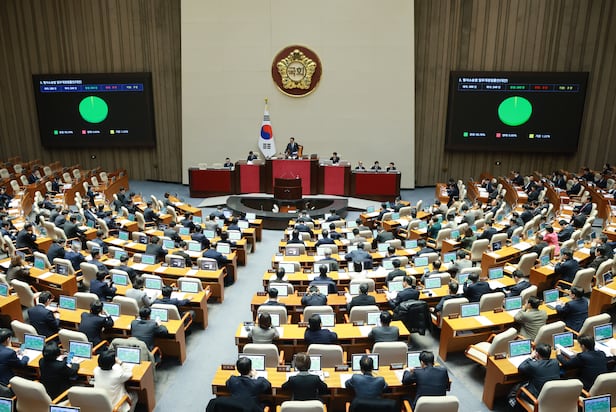
According to a report by Dutch Public News Station (NOS Nieuws) on May 8th, a grassroots organization advocating for a ban on the sale of tobacco to young people is one step closer to their goal: a debate on the issue in the Dutch Second Chamber. They have collected over 40,000 signatures for their citizens' initiative "Nicotinee". This number may prompt the issue to be included in the Second Chamber's agenda.
The initiators of the proposal hope that the age limit for purchasing e-cigarettes, cigarettes, and other nicotine-containing products should be continually raised. They suggest that starting in 2030, the age limit should be increased by one year each year. They believe this will prevent future generations from smoking or using e-cigarettes. Currently, one must be at least 18 years old to purchase cigarettes.
In addition, these organizations, including two medical associations, believe that a regulatory body should be established.
This is necessary because a large number of children under the age of 18 are already using e-cigarettes and cigarettes. They believe that part of the reason for this is the lack of enforcement of age restrictions, bans on flavors, and bans on online sales.
This initiative was launched by the "Youth Smoking Prevention Foundation" (Stichting Rookpreventie Jeugd), the Dutch Association of Pulmonologists (NVALT), the Dutch Association of Internists (NIV), and consumer advocacy groups.
We will submit our proposal to the second Parliament," said Wanda de Kanter, President of the Youth Anti-Smoking Foundation and pulmonologist. Stef Smit, Director of Consumer Claims, stated that now is the time to protect our children from the harmful effects of nicotine products.
Recently, a new study in the United States has found that using e-cigarettes can release toxic metals. These substances can enter the body by inhaling them into the lungs. Some people have suspected that metals are released when using e-cigarettes, but it is not yet clear to what extent these metals enter the body.
The Netherlands aims to see a generation of children in 2040 who will never smoke, according to the national prevention agreement. The goal is for the percentage of smokers among adults to not exceed 5%. However, the current reduction in the number of smokers in the Netherlands has not reached the desired level.
A citizen initiative typically begins with a petition. The initiator must collect at least 40,000 signatures from individuals who support the petition. Signers are required to provide their name, address, and date of birth.
Before a topic can truly appear on the agenda of the second parliament, it must meet several criteria. For example, has the issue been discussed in parliament in the last two years, and is there a clear proposal that the second parliament can adopt. Accepted citizen initiatives require much less than rejected ones.
New Zealand once made efforts to become the first country in the world to implement a ban on tobacco sales. This legislation was introduced under the leadership of progressive Prime Minister Ardern. However, the new national leader, Luxon, does not support this plan. In February of this year, he vetoed the legislation. Luxon's reason for this decision was his concern that tobacco would circulate on the black market, resulting in lost tax revenue for the country.
We welcome news tips, article submissions, interview requests, or comments on this piece.
Please contact us at info@2firsts.com, or reach out to Alan Zhao, CEO of 2Firsts, on LinkedIn
Notice
1. This article is intended solely for professional research purposes related to industry, technology, and policy. Any references to brands or products are made purely for objective description and do not constitute any form of endorsement, recommendation, or promotion by 2Firsts.
2. The use of nicotine-containing products — including, but not limited to, cigarettes, e-cigarettes, nicotine pouchand heated tobacco products — carries significant health risks. Users are responsible for complying with all applicable laws and regulations in their respective jurisdictions.
3. This article is not intended to serve as the basis for any investment decisions or financial advice. 2Firsts assumes no direct or indirect liability for any inaccuracies or errors in the content.
4. Access to this article is strictly prohibited for individuals below the legal age in their jurisdiction.
Copyright
This article is either an original work created by 2Firsts or a reproduction from third-party sources with proper attribution. All copyrights and usage rights belong to 2Firsts or the original content provider. Unauthorized reproduction, distribution, or any other form of unauthorized use by any individual or organization is strictly prohibited. Violators will be held legally accountable.
For copyright-related inquiries, please contact: info@2firsts.com
AI Assistance Disclaimer
This article may have been enhanced using AI tools to improve translation and editorial efficiency. However, due to technical limitations, inaccuracies may occur. Readers are encouraged to refer to the cited sources for the most accurate information.
We welcome any corrections or feedback. Please contact us at: info@2firsts.com








